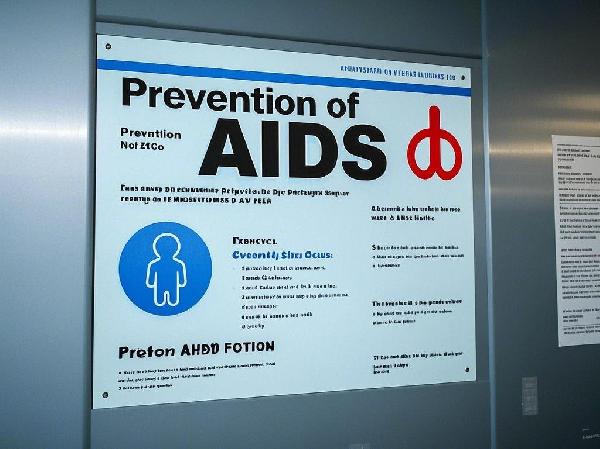After seven years together, some couples are still going strong, laughing through life’s ups and downs, while others find themselves drifting apart like strangers sharing a Netflix account. The difference often comes down to a mix of emotional intelligence, communication habits, and whether both partners are willing to put in the work—even when the honeymoon phase is a distant memory. Relationships aren’t just about love; they’re about adaptability, mutual respect, and sometimes, knowing when to compromise on whose turn it is to take out the trash.

One of the biggest make-or-break factors in long-term relationships is how couples talk (or don’t talk) to each other. Early on, conversations flow effortlessly—deep dives into dreams, fears, and favorite pizza toppings. But as years pass, some couples fall into the trap of assuming they know everything about their partner, leading to fewer meaningful exchanges. Thriving couples, on the other hand, keep the dialogue alive. They don’t just discuss logistics (“Did you pay the electric bill?”); they check in emotionally (“How are you really feeling about work lately?”). Active listening—not just waiting for your turn to speak—is key. And when conflicts arise, healthy couples argue productively, focusing on solving the issue rather than winning the fight.
Think of your relationship like a bank account: deposits (acts of kindness, quality time) keep the balance healthy, while withdrawals (neglect, criticism) can send it into the red. Couples who thrive after seven years consistently make deposits—small gestures like a surprise coffee, a hug after a tough day, or remembering to ask about that big meeting. Those who struggle often let the account go dormant, assuming love alone is enough to sustain them. But emotional neglect adds up, and resentment can quietly build until one or both partners feel disconnected. The happiest couples prioritize each other’s emotional needs, even when life gets chaotic.
People change—careers shift, hobbies evolve, and personal goals get reshuffled. Couples who last navigate these changes as a team, supporting each other’s growth rather than resisting it. Maybe one partner goes back to school while the other holds down the fort, or both decide to start a side hustle together. The danger zone? When partners stop sharing their individual journeys, leading to parallel lives under the same roof. Thriving couples intentionally sync up, whether through shared goals (travel plans, fitness challenges) or simply staying curious about each other’s inner worlds.
Physical and emotional intimacy often shift over time, but thriving couples don’t let it fade into the background. They understand that sex isn’t just about frequency—it’s about connection, playfulness, and keeping the spark alive in ways that work for both partners. Emotional intimacy matters just as much; feeling safe to be vulnerable, sharing fears or silly thoughts without judgment, and maintaining inside jokes all contribute to a deeper bond. Couples who struggle might avoid tough conversations about their needs or fall into routines that leave one or both feeling unseen.
Remember when you used to plan elaborate date nights? Long-term couples who keep the magic alive don’t let date nights become extinct. They schedule them—yes, even after seven years—because they know complacency is the enemy of romance. It doesn’t have to be fancy; a picnic in the living room or a nostalgic movie marathon counts. The point is to break the routine and prioritize fun together. Meanwhile, couples who drift apart often stop making an effort, treating the relationship like a finished project instead of something that needs regular maintenance.
Life throws curveballs—job losses, health scares, family drama. How couples handle stress as a unit can determine whether they grow stronger or fracture. Thriving couples become a solid team during tough times, offering support without keeping score. They also know when to seek help, whether through therapy, trusted friends, or simply giving each other space to process. Struggling couples might turn on each other, blaming or withdrawing when things get hard, instead of facing challenges as allies.
After seven years, love isn’t just a feeling—it’s a choice. The couples who thrive choose each other daily, even when it’s not easy. They communicate with kindness, nurture their connection, and adapt as life changes. The ones who fall apart often let distance creep in, assuming love should run on autopilot. But the best relationships are more like gardens: they need regular tending, patience, and a little sunlight to keep growing.
























